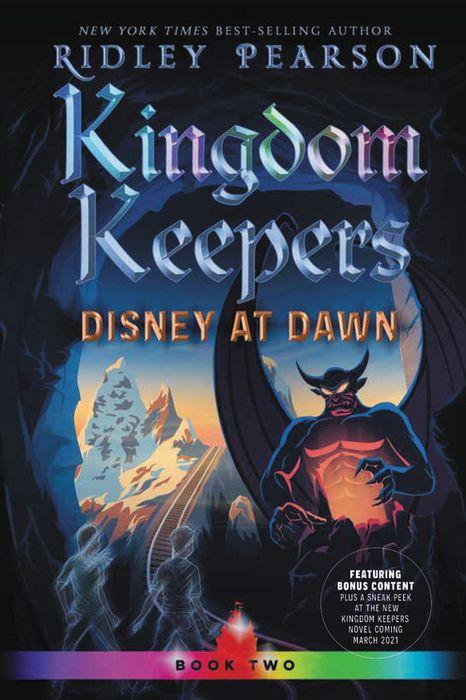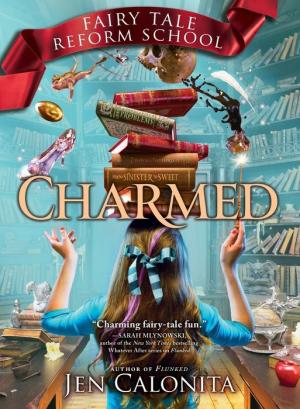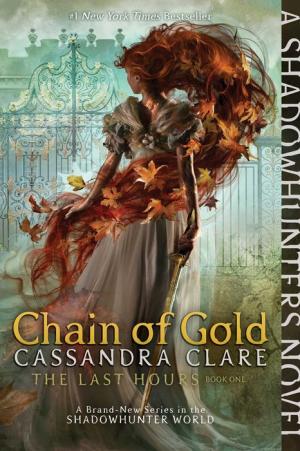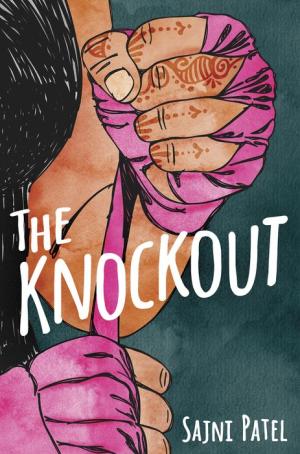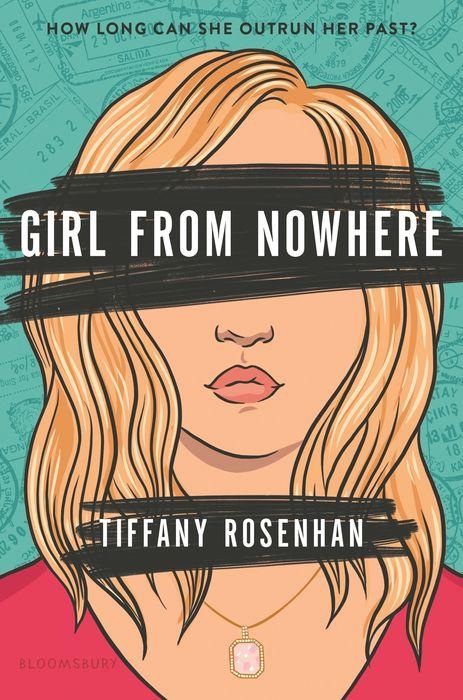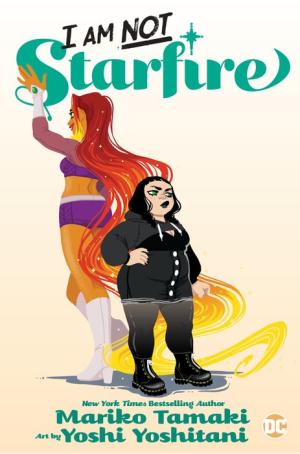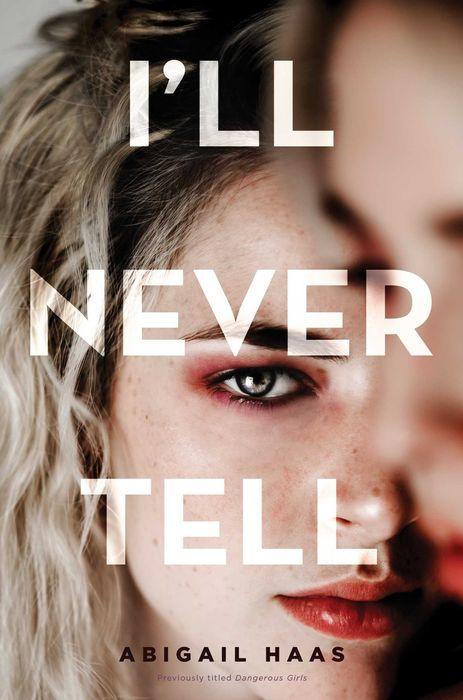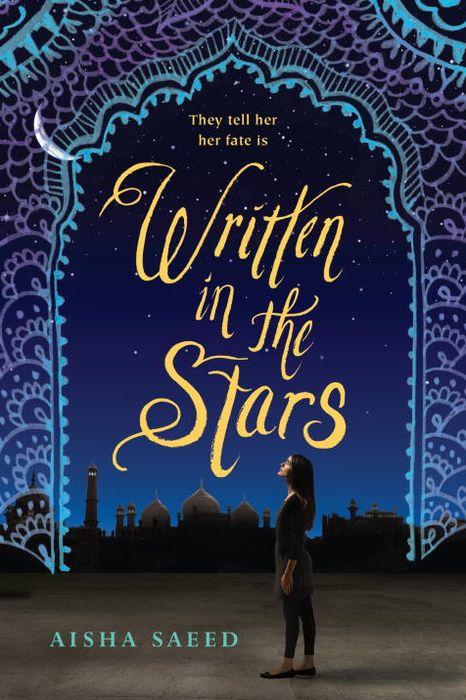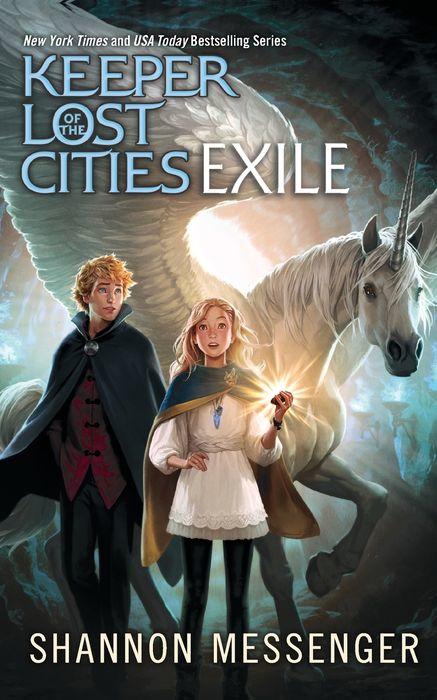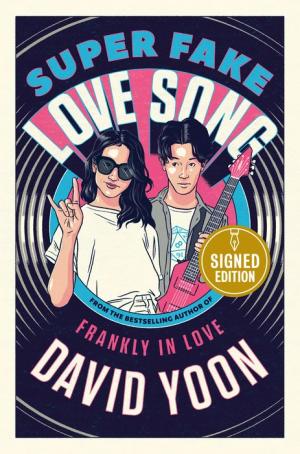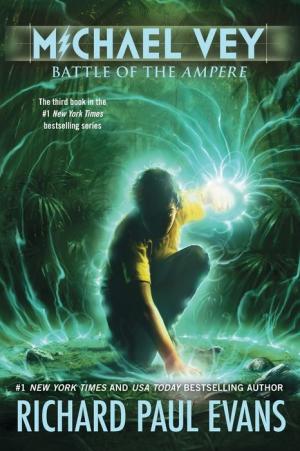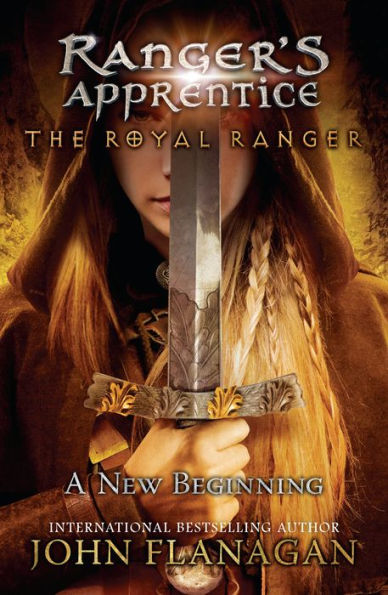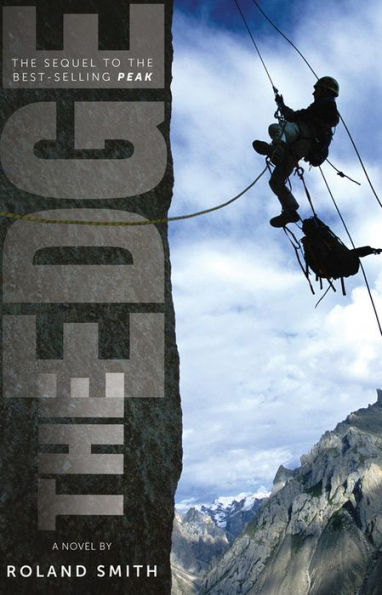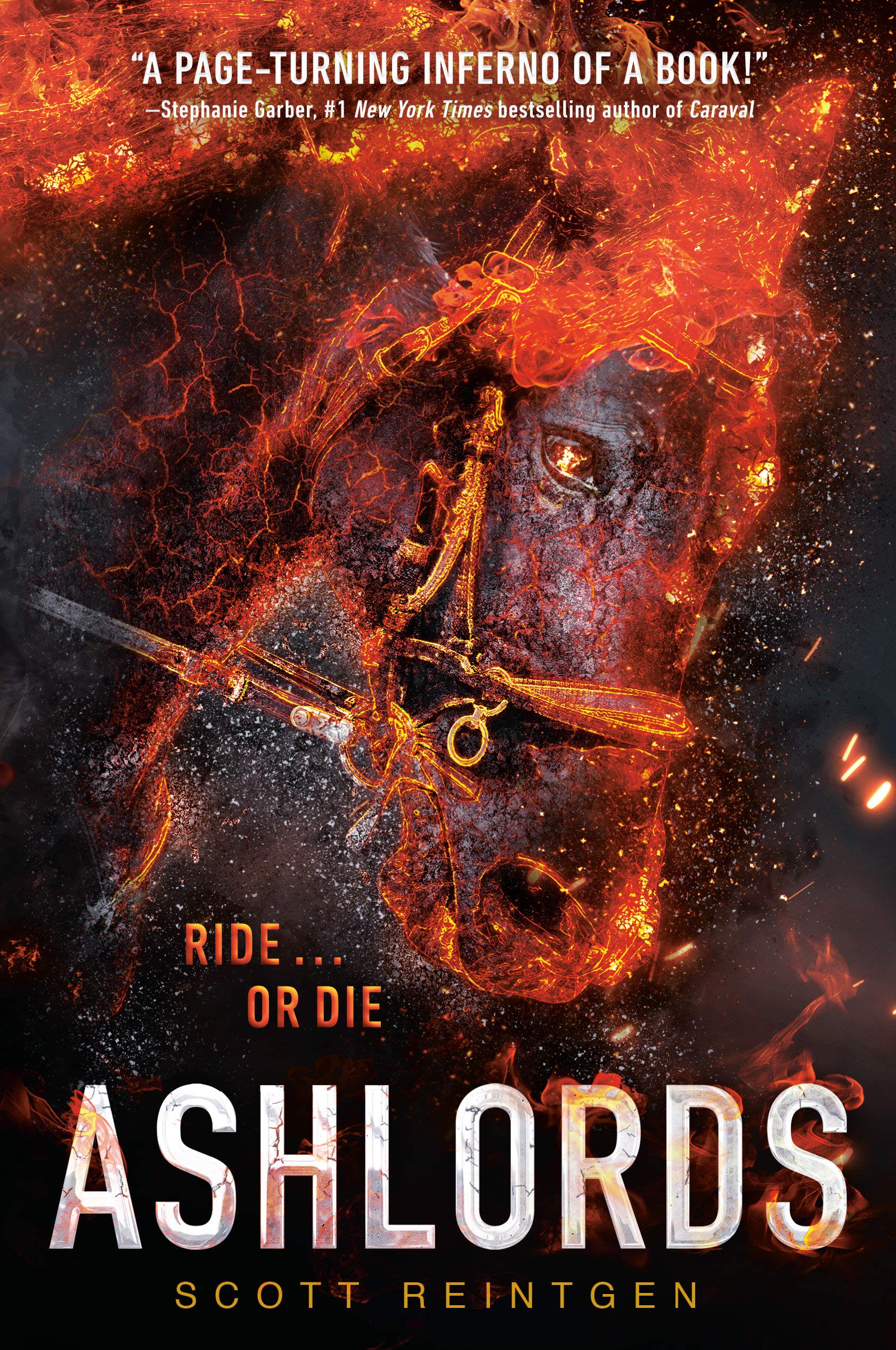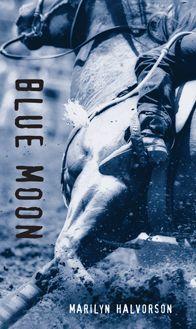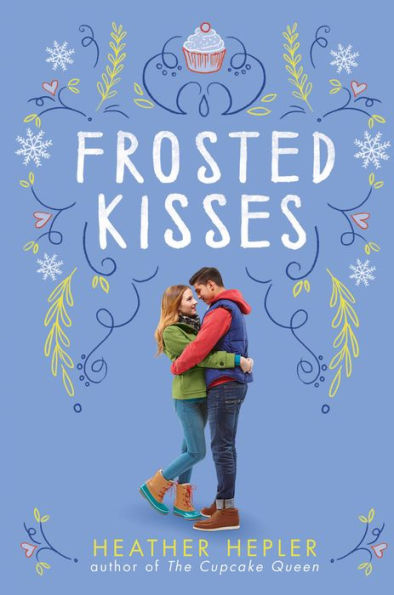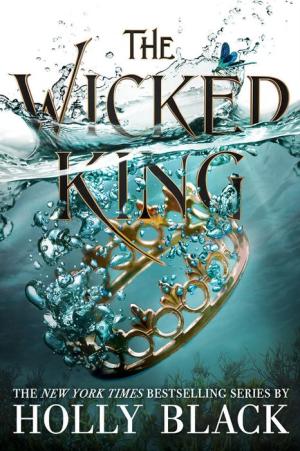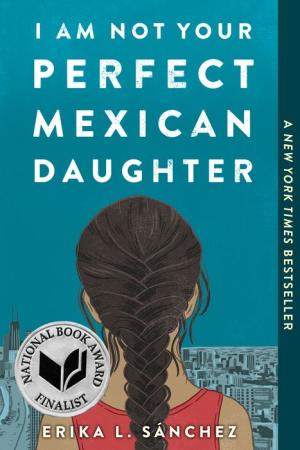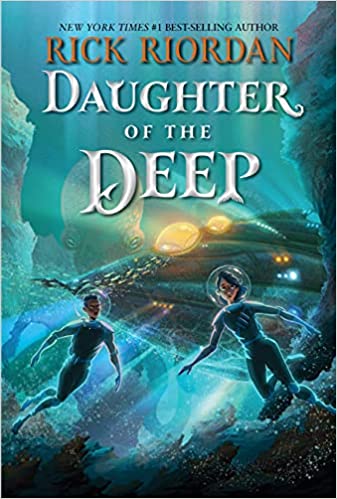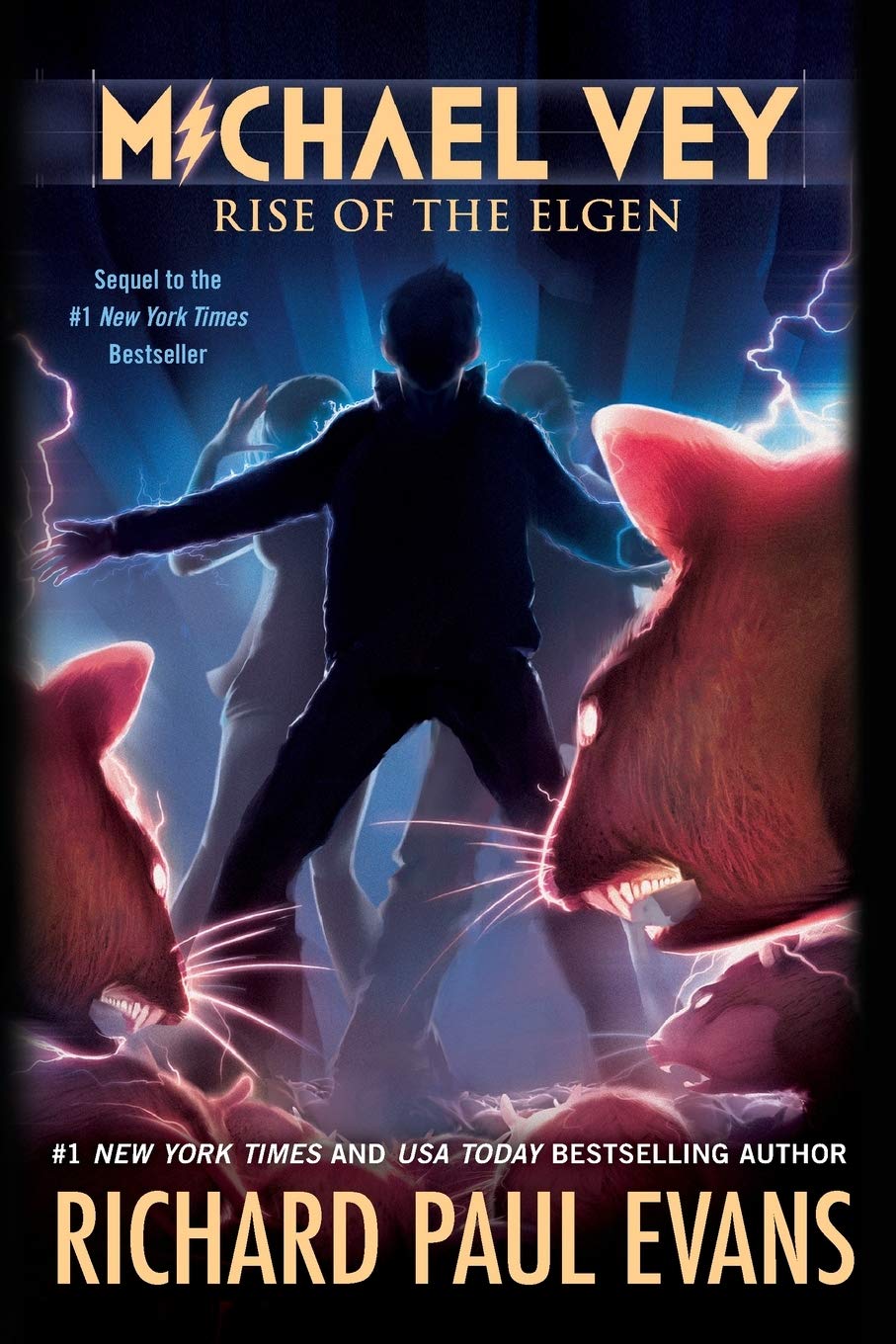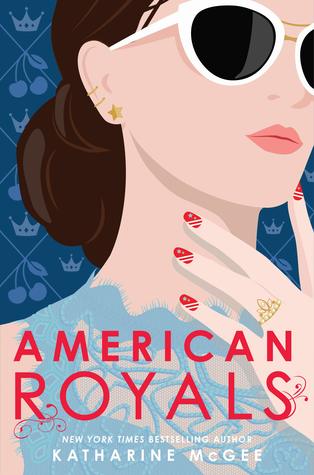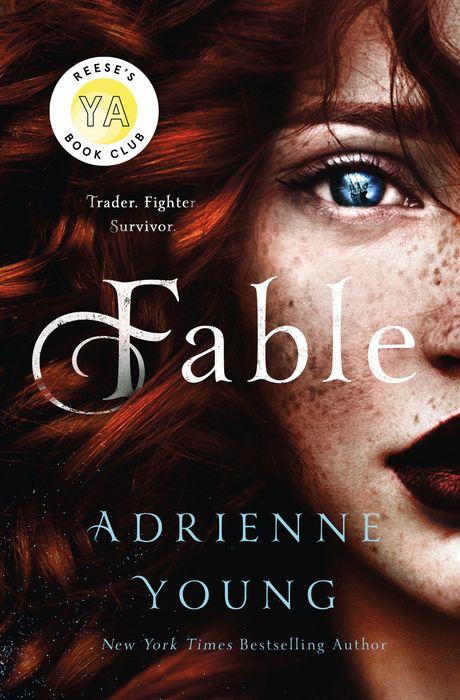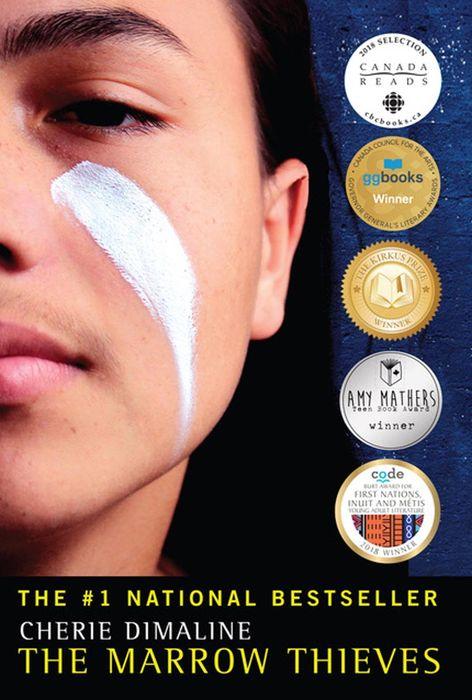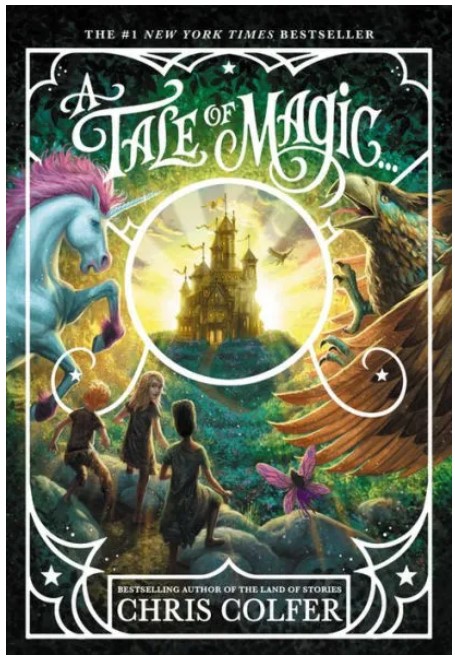The Kingdom Keepers are back together to protect the Disney Parks from the evil fairy, Maleficent, and the Overtakers. But this time, the attack is personal. Amanda’s sister, Jez, has been kidnapped, leaving behind only her journal of clairvoyant sketches to help her friends find her. The search takes the Keepers to Walt Disney World’s Animal Kingdom, where Maleficent is hiding and using mind-controlled animals to do her evil bidding.
Raising the stakes further, Maleficent has set up a second hologram server that only she controls. If the heroes fall asleep, Maleficent and the Overtakers can force them to “crossover” into their holographic state and be stuck in Sleeping Beauty Syndrome, a coma-like sleep from which you cannot wake up on your own. Finn and the rest of the Kingdom Keepers must go undercover as Animal Kingdom employees to uncover secret meanings in Jez’s clairvoyant drawings, stop Maleficent and the animals from their quest to escape the parks, and find a way to shut down the second server, all before they become unable to stay awake any longer.
This thrilling second installment in the Kingdom Keepers Series keeps readers on their toes with fast-paced action sequences, simultaneous missions, and an exciting new location where the magic of the parks is shown. The book successfully transports readers to Animal Kingdom in the thick of the action. Pearson’s narration once again manages to provide wayfinding tips as well as the necessary descriptions of park attractions, so even those who have never seen Animal Kingdom before will feel as if they are actually there with the Keepers. Pearson also strikes a balance between solo missions for each Kingdom Keeper as well as creating new duos and trios for the action to revolve around. As the teams split off, the characters’ dynamics shine, with each different personality on display for readers to enjoy. They all get the chance to be leaders in their own unique way.
As before, if your young reader enjoys the Disney Parks, or has an interest in the park’s operations, this book offers an exciting “behind the scenes” view from the Kingdom Keepers’ perspective. It balances the presence of technical knowledge of the theme park and its attractions with the fantastical plot that brings animals, animatronics, and evil villains to life. The second book in the series does everything that Disney After Dark does well, but on a bigger scale, with characters that readers now know and are sure to root for.
Sexual Content
- In the tunnels, Jez and Finn’s “faces were about a foot apart,” when Jez reminds Finn that she has a boyfriend.
Violence
- There are references to the events of the previous book, including Maybeck’s “Sleeping Beauty Syndrome” in which he crossed over into his DHI state against his will and was unable to wake up. The narration describes the severity of the syndrome, saying it “might have killed him.”
- While trying to stop a man from chasing Finn through a series of booby-trapped tunnels, Finn decides to trigger one of the booby-traps so that they both fall through the chute, effectively throwing off the man’s pursuit. As Finn falls and grabs onto the ledge, “His body smacked into the hanging trapdoor.”
- Jez is “kidnapped” by the Overtakers, the evil Disney villains trying to take over the park.
- Finn fears that the weather balloon him and his friends spotted in the sky above the park is meant to “kill him and his friends.” Philby says if that were true, then the man chasing Finn and Philby to the top of the castle would be “suicidal” as he would also be subject to the lightning strike. Finn also imagines that it could be a Frankenstein-like experiment, picturing “some Disney monster strapped to a stainless-steel table with wires attached to his head and heart.”
- Finn and Philby discover an actress dressed as Tinkerbell tied up in the room of the castle from which she is meant to “fly” by ziplining across the park during the fireworks shows. However, Maleficent has orchestrated this event as her escape. Finn watches as Maleficent “jumps” out the window, though he soon realizes that she is not falling, but flying away.
- The kids often use an online virtual reality system that allows them to navigate the software that controls the park as well as communicate with other people. Finn remembers how his parents warned him of “stalkers” that preyed on kids “by pretending to be kids themselves.”
- Finn wondered if his mentor, Wayne, had “died or been captured by the Overtakers” or “been in a coma” since he had not heard from him.
- Wayne explains that Maleficent wants to put all the DHIs into Sleeping Beauty Syndrome so that they are “out of the way . . . for good.” They can only prevent this by “crashing” the system that the Overtakers will use to put them in the coma. However, if they do this too soon, Wayne says they may never see Jez again.
- While on the roof of Amanda’s house, Finn slips causing him to fall “face-first.” The narration says that if Amanda had not grabbed his wrists in time, “he was gone.”
- Amanda says her parents drowned, while Jez’s were possibly overtaken by “real pirates.”
- There is a recap of a time in the previous book in which the DHIs were attacked by the dolls in It’s a Small World as well as other characters.
- A bat attacks the hosts from the sky. The Keepers turn on lights, knowing that bats have an aversion to it, causing the creature to dive “as if it had been shot.” They capture it and Philby later “suggested doing something to it that wouldn’t have been approved by the SPCA”.
- Philby, after seeing Jez’s notebook of sketches, asks in a reference to Van Gogh, “At what point did she cut off her ear?”
- A swarm of birds attack Maybeck. He sees a “pitch-black flurry of wings and beaks and scratching claws.” He escapes, surprisingly, without a scratch.
- The plot of the safari ride at Animal Kingdom is described. Ride-goers try to prevent a group of poachers from catching a baby elephant.
- Maleficent uses her powers to create a ball of flame that she intends to throw at Maybeck, but he sprays her with a hose first.
- Finn pushes over the magically alive broom that is chasing him.
- Philby thinks a tiger is looking at him as if he was “lunch.” The tiger then jumps to attack Philby, though he is not harmed. It is revealed later that the tiger is a hologram.
- A few monkeys capture a cast member. They “knocked him over,” tied him up, and gagged him.
- Maybeck encounters a lizard that he chases through the park. He recalls the amount of times his aunt “beat [lizards] with a broom” in her home. As a kid, he would catch them and pull their tails off, since they would grow back.
- When being kidnapped by an orangutan, the animal lunges to bite Finn, though Finn pulls away in time.
- Maybeck recalls when his dog has gotten into dogfights with other pets in the neighborhood. Maybeck thinks about how he “nearly got his hand bitten off.”
- Finn runs under a trampoline while being chased by an ape. The animal is “crushed by the weight of the acrobat,” but is not seriously harmed.
- In order to escape capture by orangutans, Finn sprays them in the face with a shower head. He then ties them up. Maybeck “poked it with a hanger that he wielded as a sword.”
- Amanda is hit by a magical arrow that Maleficent made. She immediately falls unconscious. Finn becomes so angry that he slammed Maleficent against the wall and “was choking the life from her” telling her to bring Amanda back. She eventually agrees.
- Philby and Wayne’s avatars are attacked on the virtual reality website they are using to navigate the park systems. They use swords to defend against the trolls. Philby is able to “slice the troll’s leg in two at the knee.” He later “severs” the virtual troll’s arm. However, the troll manages to “[chop] off the end of Philby’s right foot.” The attack occurs over three pages.
- Finn faces multiple monkeys and a tigress. He defends himself with a baseball bat. He watches as the tiger seems to be hunting the monkeys for a “snack.” He also sees the tigress “swiping her huge claws” at other cats, but they do not feel the pain as they are holograms. Then the tigers attack him. He thinks they will “land on him, crushing him, then snap his neck with their powerful jaws and start the feast.” This does not happen. He watches as the monkeys jump to attack him, “and would have torn his head off…had the tigress not sprung.” The attack occurs scattered over 31 pages.
- Maybeck and Willa are attacked by animatronic dinosaurs. Willa is “nearly beheaded” by a dinosaur tail. Maybeck is injured and felt as though “every joint was separating simultaneously.” He then snaps the pterodactyl’s leg in half. It reacts as if it is in pain, and he wonders if the bird is alive. Maybeck is nearly crushed by the creature and he leaves the attack “bleeding,” though he is alright. This event takes place over six pages.
- The final showdown between the hosts and Maleficent includes her throwing fireballs at them. Finn realizes that the fireballs never actually hit him and determines that the imagineers who develop the parks would not create a being that could harm people, let alone kill him. Maleficent promises to kill Finn when he’s “no longer of use to” her. Using magic, Amanda lifts Maleficent and then threatens to drop her sixty feet. Finn, meanwhile, must cling to another Disney villain who is fighting alongside Maleficent, Chernabog, “rather than drop to the platform where the creature might squash him like a bug.” The final battle takes place over eight pages.
Drugs and Alcohol
- Maybeck refers to using the caffeine in Coca-Cola to avoid accidentally falling asleep. Later the kids all use this strategy.
Language
- Some mean language is used including: stupid, hideous, what the heck, and darn. For example, often the characters use the word “stupid” to describe things they do not like.
- There is some name calling including: geek, jerk, insane, buggy, nimrod, warped,
- Occasionally, Maybeck is said to use “a few words that would have gotten him detention.” He later says, “Son of a –.” The book never says what words Maybeck uses, but it makes it clear that he is cursing.
- Finn is also said to “curse at the screen” of his computer.
- Maleficent calls Amanda a “little tart.”
- Maybeck uses the word “bleeping” in place of a curse word.
Supernatural
- The story takes place in Disney World where magic exists.
- Maleficent, the evil fairy, often casts spells. No specific words are relayed, but when she does, the narration describes that she “chants.”
- Maleficent can also fly and transform into different animals.
- Jez dreams the future. She draws these images in a notebook that become the guide map for her friends and sister’s journey to rescue her throughout the book.
- Amanda tells Finn that she and Jez are “fairlies,” “as in, fairly human.” She says they are “just kids with unusual abilities” like “spoon-benders, mind readers, clairvoyants” and the ability to cause fires to start mentally.
- Amanda refers to the incidents of the previous book, in which Maleficent bewitched Jez so she could not recognize Amanda. She then makes Jez do the Overtakers’ bidding.
- Amanda levitates Finn to the ceiling of a truck they are hiding in so that he is not seen by the security guards.
- The hosts come to learn that heat is Maleficent’s “kryptonite,” impeding her power’s effectiveness.
- Maybeck thinks the bat they captured may be able to understand his words. Then he sees a group of birds that appear to be “following him.” These are the first pieces of evidence that the animals are under Maleficent’s control.
Spiritual Content
- Finn sees that Jez has collected fortunes from fortune cookies in her journal.
- Willa told her parents she was going to Mass to get them to let her leave the house. Her mother is “no longer a churchgoer.”
- In Animal Kingdom, the hosts see replicas of Temples. One location has “prayer flags.”
- Jez says she prayed for help to come when she realized she was trapped in the tunnel, “though [she’s] not very good at praying.”
by Jennaly Nolan
